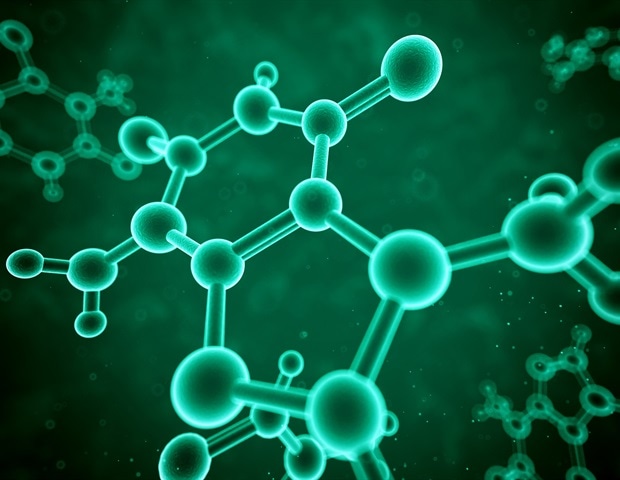A molecule developed by researchers at the University of Helsinki can inactivate the coronavirus spike protein and provide effective short-term protection against the virus.
Cell cultures and animal experiments show that TriSb92, a molecule newly developed by the researchers, protects against coronavirus infection for at least eight hours even when there is a high risk of exposure. In contrast to vaccination protection, the effects of TriSb92 begin immediately after administration.
In animal models, nasally administered TriSb92 offered protection from infection in an exposure situation in which all unprotected mice were infected. “
Anna Mäkelä, postdoctoral researcher, lead author of the study
The results were published in a report that has not yet been peer-reviewed.
Coronavirus attack on the Achilles’ heel
The TriSb92 molecule is based on an entirely new technical solution developed in Finland to target biological drugs. In the study carried out at the University of Helsinki, this solution was used to inhibit the function of the spike protein on the surface of the SARS-CoV-2 virus.
“Targeting this inhibitory effect of the TriSb92 molecule to a point in the coronavirus spike protein that is common to all variants of the virus makes it possible to effectively inhibit the ability of all known variants, including Omicron, to infect humans,” explains Mäkelä .
In model virus studies, TriSb92 was even able to prevent the spread of SARS, the virus that threatened us in the early 2000s.
“In other words, we can be fairly certain that future variants of SARS-CoV-2 and perhaps even completely new coronaviruses that threaten to trigger pandemics are susceptible to it,” confirms Mäkelä.
The product to be administered nasally could serve as a kind of biological protection against a coronavirus infection in the future, which is sprayed onto the mucous membranes.
Vaccines are still needed
Mäkelä works in Professor Kalle Saksela’s laboratory at Helsinki University. Saksela is involved in the development of a Finnish nasally administered coronavirus vaccine, which is expected to enter clinical trials in the spring. Mäkelä and Saksela emphasize that TriSb92 is a solution to complement vaccines rather than compete with them.
“These types of molecules that prevent infection, or antiviral drugs, cannot replace vaccines in protecting the population from coronavirus disease,” says Saksela.
However, there is a great need for new means by which the protection afforded by vaccines can be improved.
“Especially people whose immune systems do not respond strongly enough to vaccines come to mind. However, we know that new variants, particularly Omicron, can bypass even effective vaccine reactions worryingly well. TriSb92 could be useful for people who are inadequately vaccinated for one reason or another. Depending on the epidemic situation, it could also benefit fully vaccinated people if it is administered before a situation with a high risk of exposure, ”estimates Saksela.

